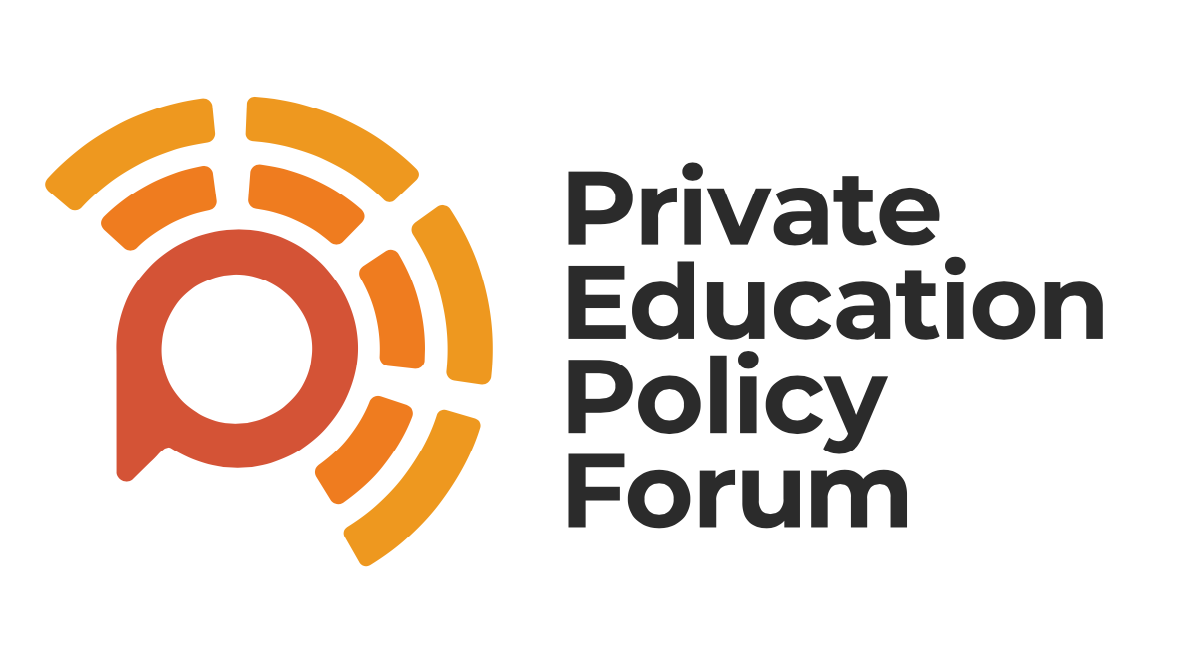
Bill Butler
Scotland’s education system has a high degree of coherence across the country. One example being the low level of private schooling with only 4% of children attending independent schools. Several local authority areas have no private provision in their locale. Most of the private schools are located within the major cities of Edinburgh, Glasgow and Aberdeen.
Currently private independent schools face a number of challenges to their continued privileged life. The past twenty years has been one of merger, closure and retrenchment in the sector.
According to government figures, in 1995 there were 183 independent schools in Scotland; by 2017 the number of independent schools had fallen to 94. At present, several of that number, particularly smaller schools, operate with financial difficulties and are on the verge of closure. The number of children and young people attending private education has remained fairly static at or around 30,000 over the past 25 years. The underlying worry for their future is the declining number of parents selecting private school at primary stages. So, overall, a stagnating sector.
This hostile financial environment is not the only challenge the private independent schools are meeting these days in Scotland. Next year, a number of boarding schools will be investigated as part of Scotland’s inquiry into the historical abuse of children in various institutions including including Fettes College, Gordonstoun, Keil School, Loretto School, Merchiston Castle School, Morrison’s Academy and Queen Victoria School, Dunblane. The historical abuse inquiry has a time bar of before December 2014.
Since that date a number of independent schools have caused concern for the schools inspectorate. Within their system improvement report on state schools, independent schools, community learning and prison education, in only one sector did inspectors highlight concerns about child protection and safeguarding – the independent sector.
“Inspectors identified weaknesses in approaches relating to child protection and safeguarding in a few schools. This included staffing issues such as disciplinary procedures and safe recruitment practices.”
However, leaving aside concerns about stagnating rolls and child protection, the major headache for the Scottish Council of Independent Schools (SCIS) and its members in Scotland is a legislative change to charitable relief on rates for charities.
In Scotland private schools have to pass a public benefit test to maintain their status as charities. Firstly an organisation has to show that it has only charitable purposes and that it provides public benefit in achieving those purposes. Fee-paying schools register as charities as they offer education and secondly they have to show public benefit.
This legislation, rejected in England, led to 50 private schools being assessed as to their public benefit between 2006 and 2012. Ten of them failed. The Office of the Scottish Charity Regulator (OSCR) commented on the “high risk of failure” of these charities meeting a charity’s public benefit test. The regulator intended to “maintain a higher level of vigilance concerning the compliance of this group of charities.” With the intervention of OSCR, the schools have become more positive about the public benefit test. They have made a good start to try and address OSCR’s concern about complexity and high risk of failure. However it is a slow process.
One school that failed the charity text had four pupils in receipt of 100% funding. After its failure in the report it managed within three years to increase the number of pupils in full receipt of fees to 11 pupils. One school in highlighting its charitable works to the Scottish Parliament’s Local Government Committee proudly stated that the school was founded in 1641 to provide free education for 12 orphans. Now in 2019, nearly 400 years later, the school offers 40 pupils free places!
The change in legislation to remove charitable rates relief for private schools continues through the Scottish Parliament towards being enacted in 2021. The SNP government have continued to state their intention to reforming this aspect of charitable relief. Tories are still talking of trying to amend the Bill.
The Scottish Labour Party passed a motion at its 2019 party conference, proposed by myself, to end all state support for private schools.
SCIS argues that the independent sector values it independence from the state and state education . It claims that the independent sector educates almost 30,000 pupils at no cost to the state. However this is simply not true. The extent and range of state support can be extensive and wide-ranging.
For example, two private schools in Scotland receive almost full funding from the state. One is the private fee-paying music school St Mary’s School of Music, with its links to St Mary’s Cathedral in Edinburgh. Secondly Queen Victoria School, Dunblane which is funded by the UK Ministry of Defence for children of Armed Forces personnel.
Many private schools also accept funding for the children of armed forces and senior diplomatic staff. It seems odd that SCIS and private schools seem unwilling to acknowledge and recognise taxpayers’ input for private education of Armed Forces staff. Several of the fee-paying schools in the independent sector are fully funded through the local state in terms of education authorities. Again such support is not readily acknowledged or valued. There are 8 grant-aided schools some of whom are SCIS members but again are fully funded by central government through historic arrangements.
Finally every single fee-paying school in Scotland is supported through its own linked HM Inspector at no cost to the private school. Private schools are offered free services from HMI in the form of quality improvement and professional engagement visits. Education Scotland, the Scottish government’s education improvement agency, notes that the visits provide the opportunity to share good practice, and offer support and advice. These visits from Scottish Minsters education advisers are provided at no cost to the independent schools.
And what of change? Some private schools are making moves to extend and improve their work addressing public benefit – though for most it seems to be a “let’s just get a pass mark” approach. No real moves are made to reduce the segregation of private schools, to face up to the problems that their selectivity creates and their continued problems in respect of child protection and safeguarding.
Do they see themselves part of a national state service like a grant-aided school? Can they reimagine themselves as a form of diverse provision maximising public benefit in their locale? Can they move along the spectrum from exclusive to inclusive? Are such institutions capable of transforming themselves and their practice towards more equitable outcomes in Scotland?
Maybe there are some signs of small tweaks but they may yet require more a concerted push towards transformative change.
Bill Butler is chair of the Socialist Educational Association Scotland. He is a Labour councillor in Glasgow city council and a member of the council’s education committee. For several years he was a MSP in the first session of the new Scottish Parliament.



